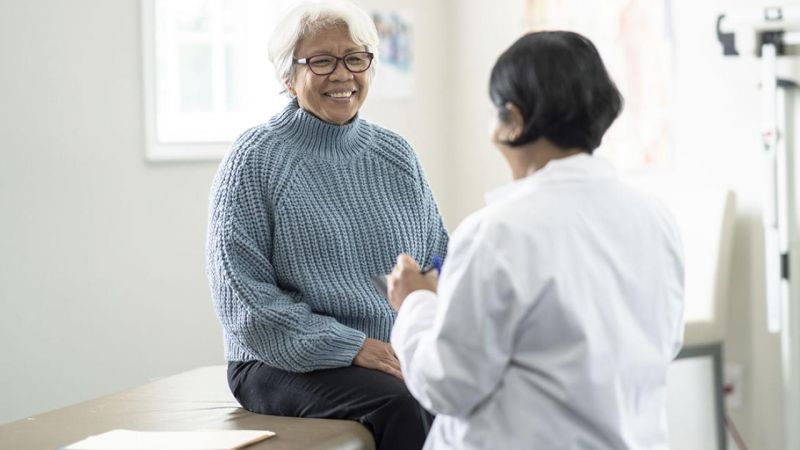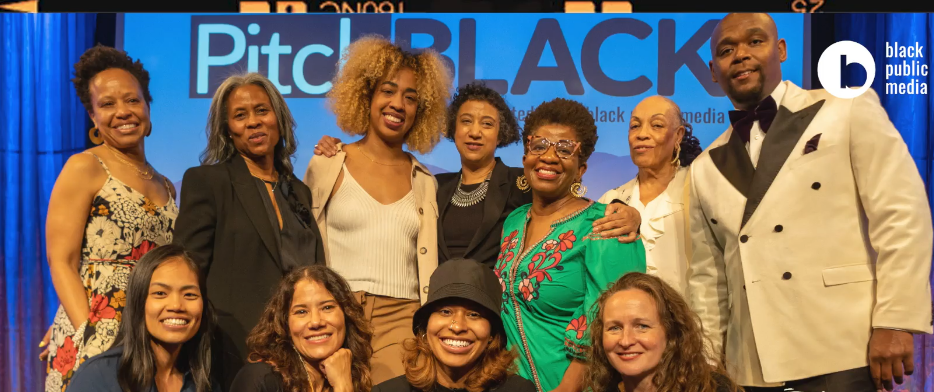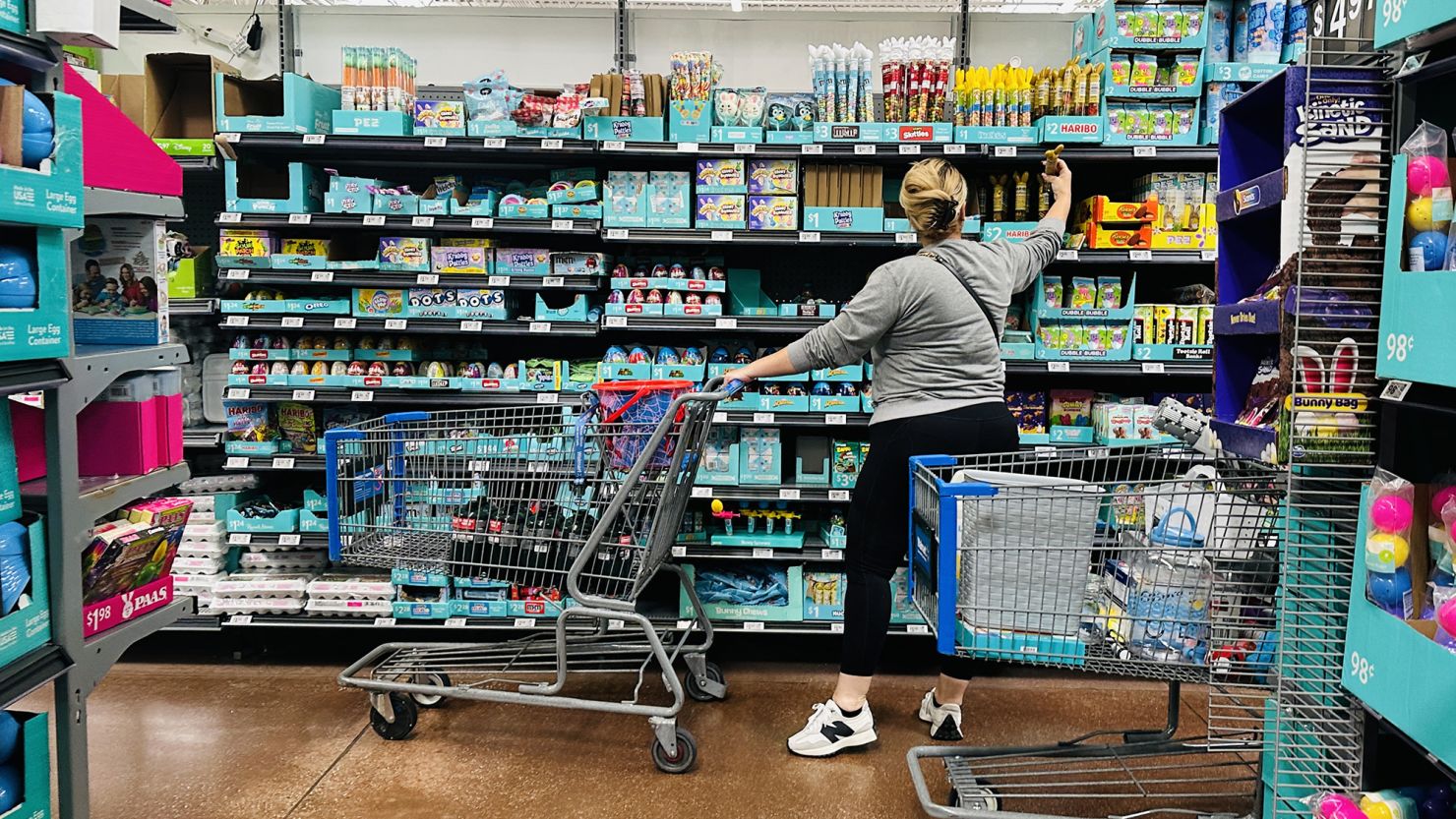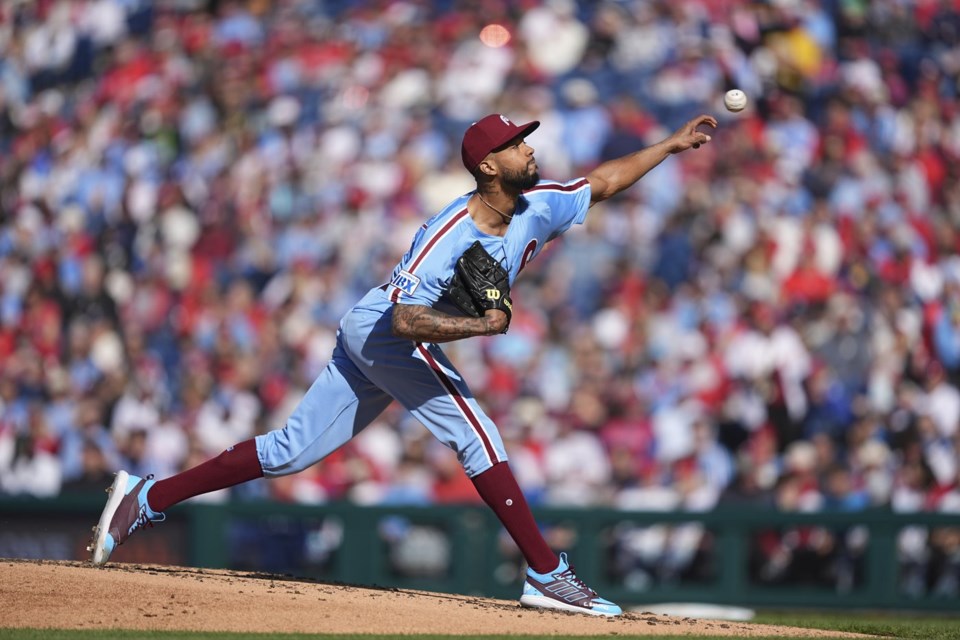Photos: BBC
In the wake of the racial reckoning in the US, across the Caribbean there are growing calls for the colonial powers to pay Reparations for slavery. In a BBC documentary, BBC World News presenter, Laura Trevelyan, visits the island of Grenada, a former colony of the UK and France, and explores how her family accumulated wealth from the brutal slave trade and learns more about the ongoing debate around Reparations.
An absentee owner of hundreds of slaves on five different estates, and having profiteered from the sale of sugar for several decades, Laura’s five times great-grandfather was compensated with the equivalent of £3million in today’s money from the British government following slavery being abolished in 1834.
In Grenada: Confronting The Past, Laura speaks to local Grenadians and discovers how her family’s ownership of slaves in the 1800s still impacts those living in Grenada today, and what they believe needs to be done to make amends.

“Our ancestors, enslaved Africans, worked on the plantations for free. And all of that established the industrial revolution, and triggered the development of Western European societies,” said Arley Gill, Chair of Grenada’s National Reparations Commission. “They were kidnapped. They were enslaved, forced labour. They were kept in horrific conditions. The British government must apologise, wholeheartedly, with regards to the role that it played in the slave trade and slavery. And not just the British Government, but the monarchy. We cannot leave out the monarchy and the Queen of England,” he added.
For many Grenadians, whose grandparents can remember their great-grandparents who were slaves, slavery is not a dim and distant memory. It is the living present, and now Grenada’s reparations commission wants the colonial powers of France and Britain to invest in health and education, to try and repair the damage done by slavery.
Historical novelist, Dunbar Campbell said: “Economists tell us between ten and twenty percent of the economic wealth of the British and French empires was associated to slavery, so I do believe some of that wealth should be returned to help develop countries [like Grenada] in terms of the infrastructure.”
When asked what she thought about the descendants of slave owners endowing an education scholarship that enabled Grenadians to study abroad, Nicole Phillip Dowe, a historian and an official at the University of the West Indies, said: “That’s an excellent idea. There’s nothing you can do to erase the past. It’s learning to accept it happened, looking at how you deal with it, and asking how you can make some form of repair to the damage that was done. And education is one of the ways you can repair some of that damage.”
“Going to Grenada and seeing for myself the plantations where my family owned slaves was an unsettling, upsetting, and profoundly thought-provoking experience,” said Laura Trevelyan. “BBC producer Koralie Barrau, herself a descendant of slaves on Haiti, and I, were confronted with the legacy of slavery on Grenada. I met a Grenadian whose ancestors could have been slaves owned by my family, and we contemplated our historical connection, and how we were linked by the brutality of slavery.”
Grenada: Confronting The Past airs at 0930, 1730 and 2230 GMT on Saturday 14th May and 0430 and 1030 GMT on Sunday 15th May on BBC World News.







